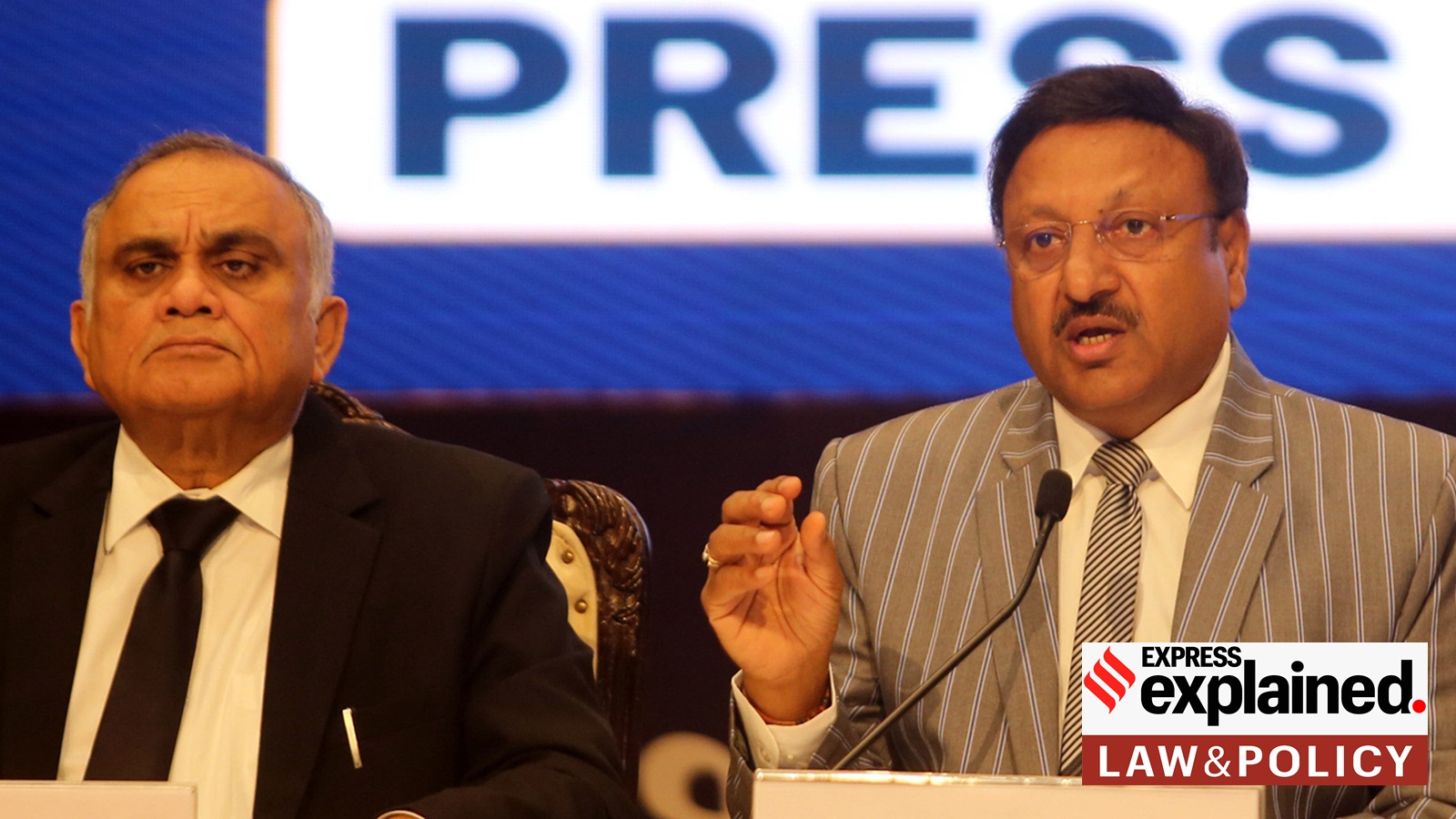Damini Nath is an Assistant Editor with the national bureau of The Indian Express. She covers the housing and urban affairs and Election Commission beats. She has 11 years of experience as a reporter and sub-editor. Before joining The Indian Express in 2022, she was a reporter with The Hindu’s national bureau covering culture, social justice, housing and urban affairs and the Election Commission. Expertise Key Coverage Areas: Damini Nath currently specializes in reporting on two crucial beats: Housing and Urban Affairs: Providing in-depth analysis and reporting on India's urban development, policy, and housing issues. Election Commission (EC): Offering authoritative coverage of electoral processes, policies, and the functioning of India's constitutional body responsible for conducting elections. Professional Background: Her extensive experience includes roles as a reporter and sub-editor, demonstrating a comprehensive understanding of the journalistic process from fieldwork to final production. Previous Role: Before joining The Indian Express in 2022, she served as a dedicated reporter with The Hindu’s national bureau, where her reporting portfolio included: Culture Social Justice Housing and Urban Affairs The Election Commission beat (a consistent area of focus). Trustworthiness Damini Nath's decade-plus career at two of India's most respected and authoritative news institutions, The Indian Express and The Hindu, underscores her commitment to factual, impartial, and high-quality reporting, establishing her as a trusted and credible source for news on urban governance and electoral matters. ... Read More








































